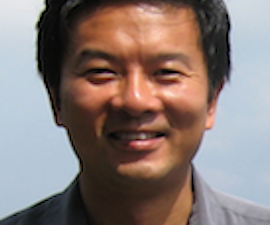

Research Bio
Qian Zhou is Professor Emeritus of Biochemistry, Biophysics and Structural Biology. His research group is studying the mechanisms and factors that control transcriptional elongation and how this control affects HIV replication, latency activation and cancer progression.
Research Expertise and Interest
biochemistry of HIV gene expression, transcriptional elongation, Tat activation, stage of transcriptional elongation, HIV replication, anti-HIV therapy
Loading Class list ...
